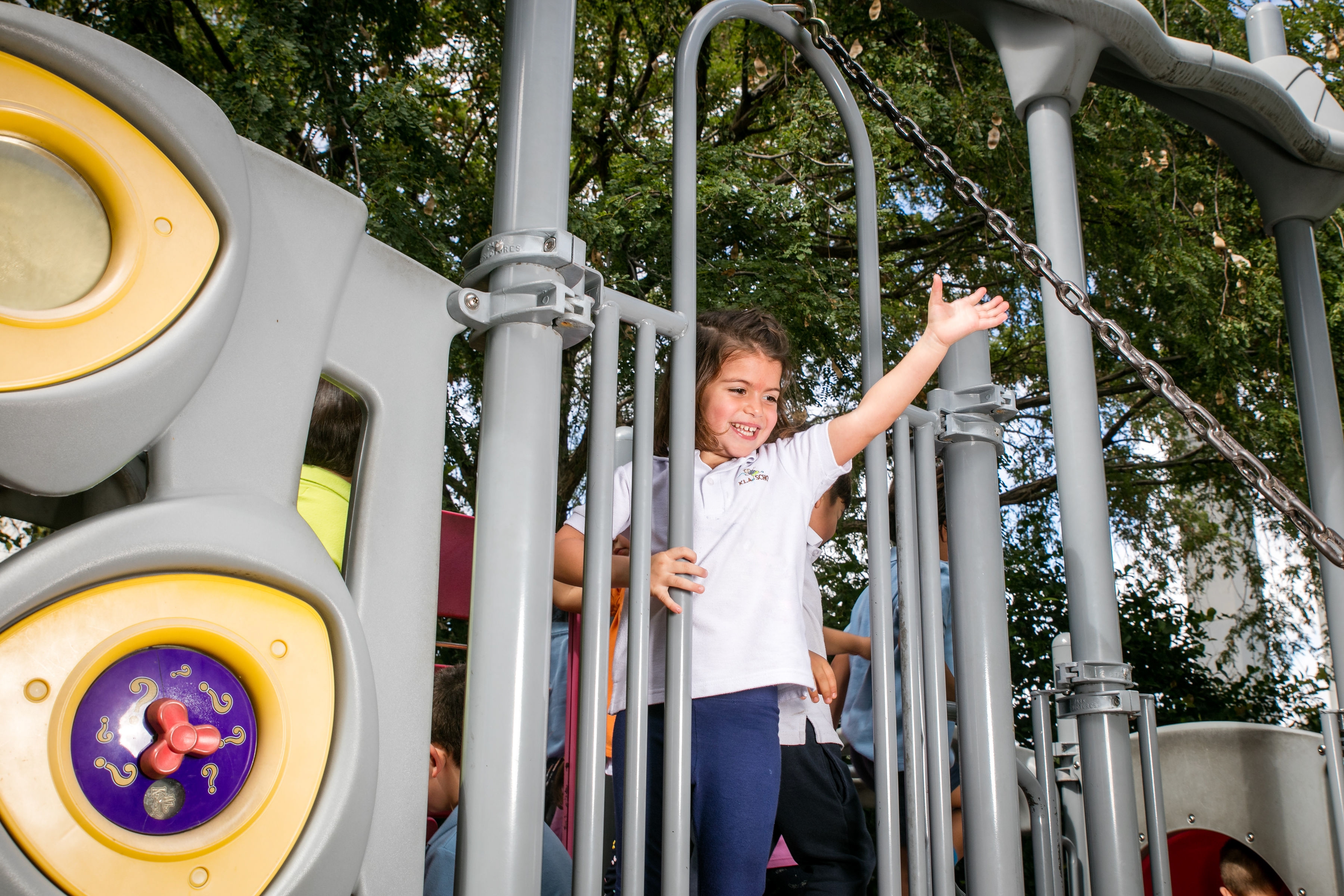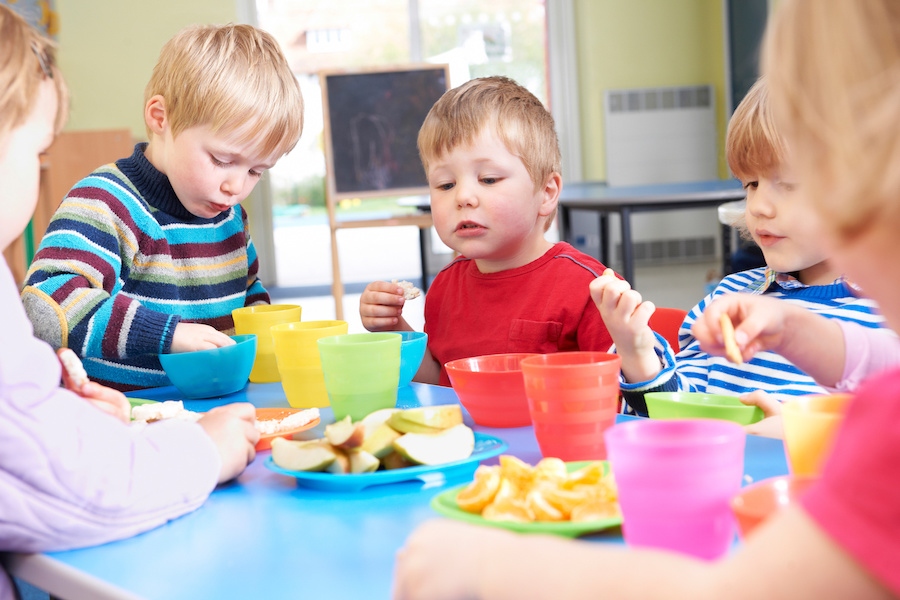Managing Your Child’s Allergies in the Classroom
Topics: Health & Safety
Age Range: Preschool
According to Food Allergy Research and Education (FARE), 1 in 13 American children have food allergies, and 42% of children have experienced a severe allergic reaction.
If your child has a food or environmental allergy, you may be concerned about their potential exposure while at school. Here are some ways you can help your child manage their food or environmental allergy in the classroom.
Consult your child’s pediatrician
Before the school year starts, visit your child’s doctor to discuss strategies for managing the allergy when in the classroom. Ensure any prescriptions are up to date, and get any notes or instructions from the doctor that your child’s school may require. You may also need to provide your child’s school with medications, an auto-injector, and/or an allergy action plan from your child’s doctor.
Talk to your child’s preschool teacher
As your partner in your child’s wellbeing, your child’s preschool is there to help your child manage their food allergies. Book a meeting to discuss your child’s allergies, work together on an action plan, and fill out any necessary forms. Be sure to ask about their policy on food, and how they have managed other children’s allergies in the past. Ask if their staff is trained in what to do in an emergency situation related to an allergy, whether in the classroom or on a field trip.
A good childcare center will not only have training and experience in children’s allergies, but they will have a strategy in place to help keep your child safe.
Teach your child basic steps to manage their allergy
Even young children can be taught basic ways to help keep them safe around things they’re allergic to. For example, you can teach them to wash their hands before and after eating, and not to share their food or utensils with others. Make sure they also know that they can talk to a trusted adult – such as their preschool teacher - if they’re not sure what to do, or if they don’t feel well.
Ensure your child is well-prepared
In addition to working with your child’s preschool teacher and teaching your child basic safety rules, you may want to ensure your child goes to school with items that can help them prevent an allergic reaction. Such items include safe, non-perishable snacks or a lunch, hand wipes, and allergy-friendly school supplies if necessary. Always ensure your child’s school has correct emergency contact information and an up-to-date photo of your child.
For more information about managing your child’s allergies, visit FARE’s website and KidsHealth for Parents.

